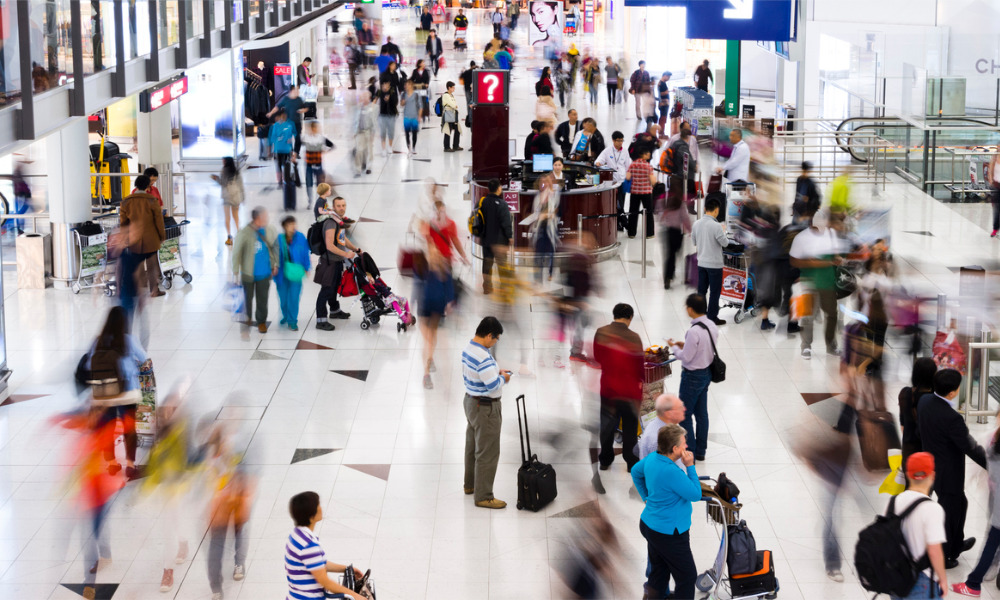
Singapore is in ‘active discussion’ on whether to make vaccinations optional in the revised agreement

Singapore may soon announce details of an air travel bubble with Hong Kong (HK). Ong Ye Kung, minister for transport confirmed in a statement that leaders from the two cities are in “active discussion” to resume fuss-free travel plans, which was tabled last November following a spike in cases in HK.
“We are finalising the details of our revised agreement and hope to announce our plans soon,” Ong said. Talks to bring back the travel bubble began sometime in March, when the minister saw ‘very positive development’ in the way HK managed the virus. Infection rates are currently in the single digits in the city.
Read more: Singapore air travel bubble: How will it affect HR?
Ong had proposed to allow unvaccinated travellers to fly into Singapore, but HK’s Chief Executive Carrie Lam is requiring citizens to get the shots prior to their trip. Lam said that HK residents who take part in travel bubble arrangements must complete both vaccine doses and wait at least 14 days after the second jab before they can take the trip. This is similar to terms and conditions drawn up in the initial agreement.
“The basis for discussion with Singapore is that people leaving Hong Kong and entering Singapore need to be vaccinated,” she said during an executive meeting. “We want to provide incentives to encourage citizens to get vaccinated.”
Read more: Can HR ban unvaccinated staff from travelling?
While the revised travel bubble will likely welcome all kinds of tourists, including those flying for business, leisure or for personal reasons, HRD spoke with an industry expert based in HK to get his insights on how travel will impact businesses in the post-pandemic world.
Lee Quane, regional director – Asia at ECA International, said that they’re encouraging their partners to prioritise a review of their travel policies and guidelines. “It’s important now for organisations to stress hygiene measures as part of these guidelines,” he told HRD.
As part of the updated policy, Quane suggested that companies ramp up screening of potential business travellers and decide if the trip is worth it or not. “We know that certain people are more susceptible to COVID, such as [older] individuals,” he said. “Companies can screen people more and say, ‘look you’re going to a high-risk location, it’s probably not advisable for you to go and we’ll send someone else’, or only send people who have been vaccinated.”
Read more: Vaccination: What’s HR’s role in managing employees?
This is because employers must keep in mind that the risk of infection is at every touchpoint during the trip – from boarding the flight, taking the local transport, to hotel stays and meeting venues. When leaders review their travel policy, they may consider stating requirements like restricting the use of public transport and only relying on trusted private hire companies, as well as selecting airlines and accommodation providers with strict hygiene protocols.
“Previously, travel was all about minimising costs, so using low-cost carriers and so on and so forth,” he said. “Going forward the emphasis is going to be more on health and hygiene.”